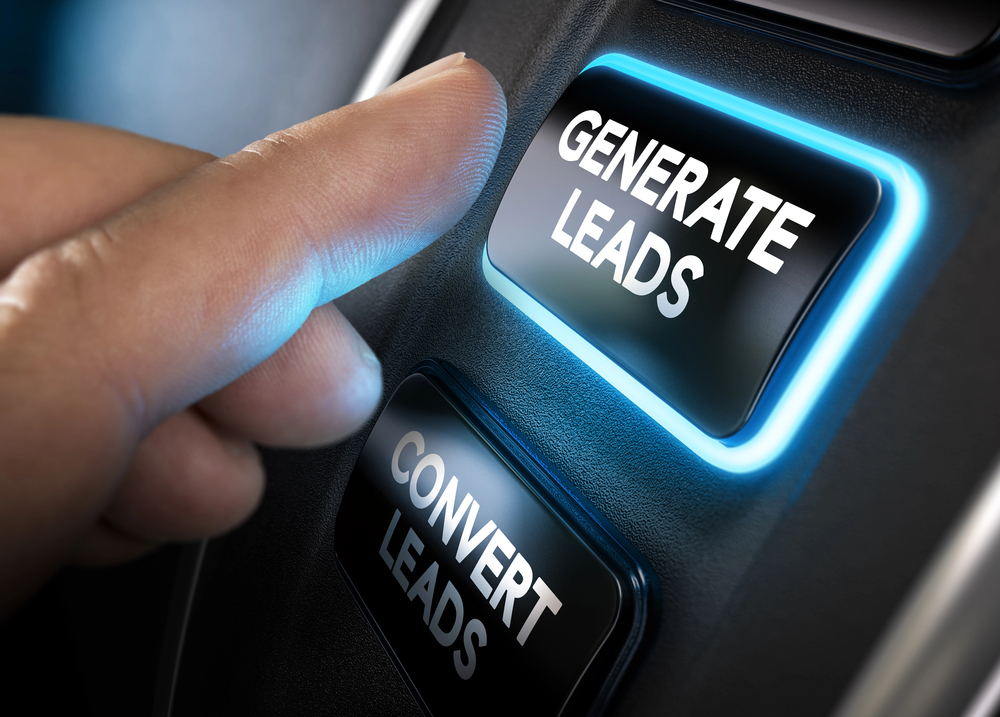Companies that can benefit most from having SDRs (Sales Development Representatives) typically fall into these categories:
- High-Volume B2B Sales: If your business sells to other businesses (B2B) and aims for a high sales volume, then SDRs can be a game-changer. They can handle the initial outreach and qualification of leads, freeing up your experienced sales reps (Account Executives or AEs) to focus on closing deals with qualified prospects.
- Complex Sales Cycles: SDRs can be a valuable asset if your sales process involves multiple steps and decision-makers. They can initiate contact, identify the right people within a target company, and nurture those leads until they’re ready to connect with an AE for a deeper dive.
- Rapid Growth: Companies experiencing or aiming for rapid growth often need a robust lead generation engine. SDRs can help you scale your outreach efforts and build a healthy pipeline of potential customers.
- Limited Marketing Resources: Perhaps your marketing team can’t generate a sufficient number of qualified leads. SDRs can fill that gap by proactively finding and connecting with potential customers.
Why it Makes Sense:
Here’s how SDRs can make a significant impact on your sales funnel:
- Increased Lead Generation: SDRs can significantly expand your reach and generate a higher volume of qualified leads compared to relying solely on marketing efforts.
- Improved Sales Efficiency: By qualifying leads upfront, SDRs ensure that your AEs are spending their time on the most promising opportunities.
- Shorter Sales Cycles: SDRs can nurture leads through the early stages of the sales funnel, educating them about your product or service and building trust. This pre-qualification work shortens the overall sales cycle for AEs.
- Scalability: An SDR team allows you to scale your lead generation efforts up or down as needed, making it easier to adapt to changing market conditions.
Not a Magic Bullet:
It’s important to remember that SDRs aren’t a one-size-fits-all solution. Here are some things to consider:
- Company Size: Smaller companies might not have the budget or sales volume to justify a dedicated SDR.
- Sales Model: For companies with simpler sales cycles or direct sales models, SDRs may not be necessary.
In conclusion, SDRs can be a valuable asset for companies in B2B sales with complex offerings and a focus on growth. They can streamline your sales process, improve efficiency, and generate a steady stream of qualified leads for your AEs to close.

